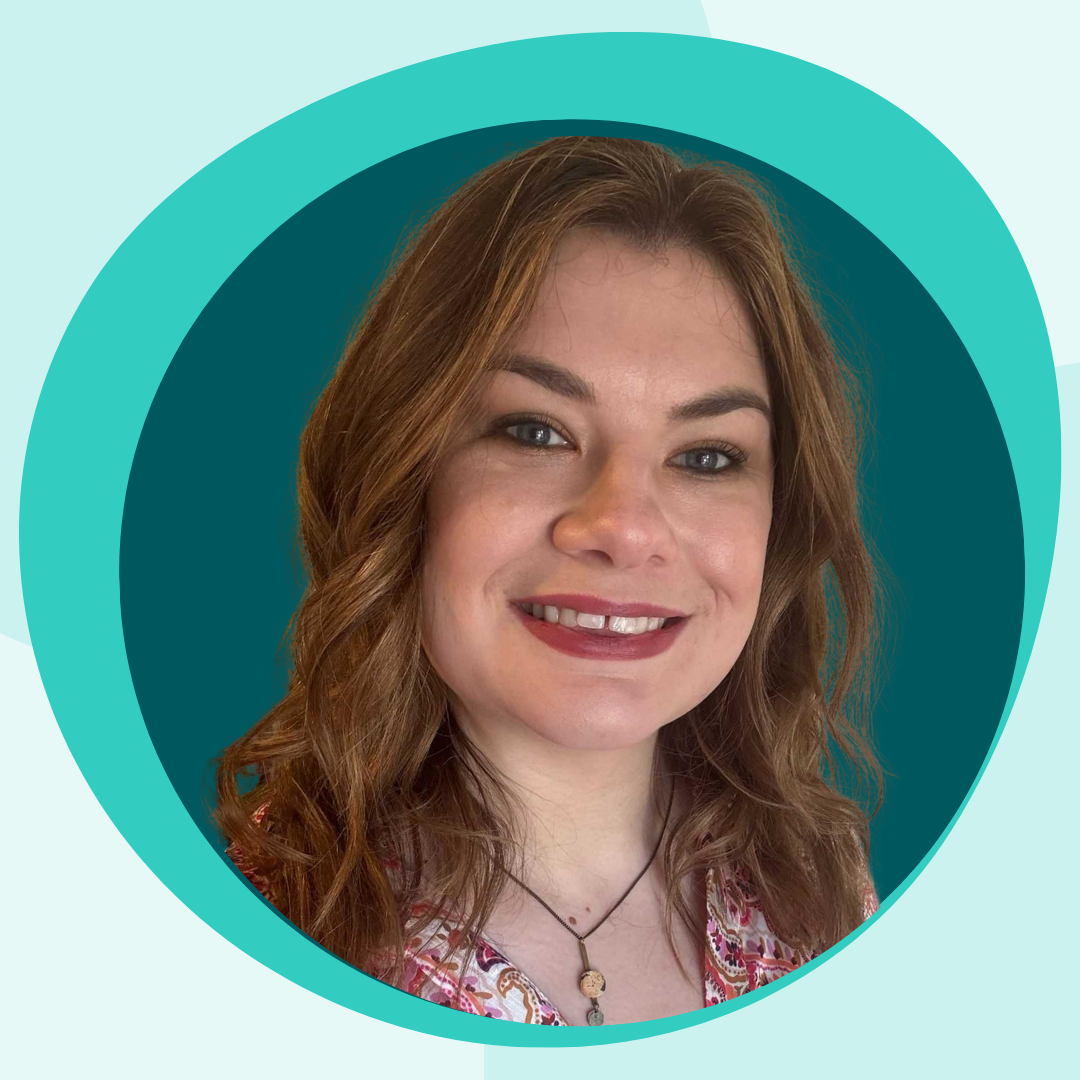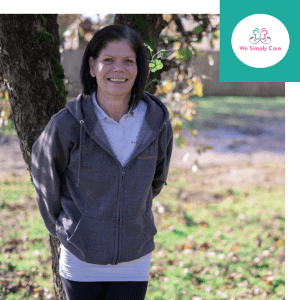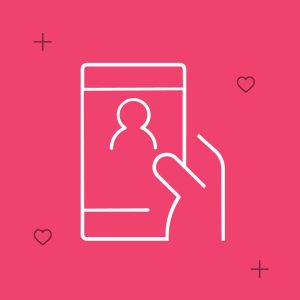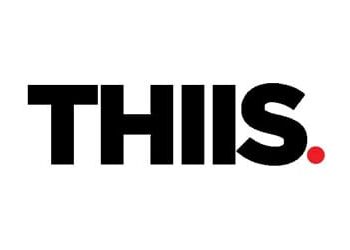With Mental Health Awareness Week taking place this week (May 12-16), one high performing member of the sales team at CareLineLive reveals how her neurodiversity, the right to work from home and supportive colleagues help her stay on top of her game
“My OCD actually makes me a stronger salesperson,” says Sales Development Representative, Jess Davies.
“I am highly organised, meticulous with details and ensure nothing slips through the cracks. Every conversation goes into our sales system right down to, if they say they’ve got a dog, I’ll write that down! This helps me build genuine relationships with clients.”
Jess lives with obsessive-compulsive disorder (OCD) and anxiety. It’s a condition that is often misunderstood, especially in the workplace.
“My OCD makes me organised and highly attentive to detail. However, it can also go too far, which is why the right workplace support and strategies are so important.
“At university, I rewrote my dissertation three times. I did very well, but it came at a cost, with exhaustion and sleepless nights.”
CareLineLive’s commitment to mental well-being
At CareLineLive, support isn’t just a policy—it’s a priority. One of the biggest pillars of this commitment is Monicka, our dedicated mental health first aider. She checks in on colleagues, offering a compassionate ear and stepping in when someone feels overwhelmed. After a particularly tough flare-up last year, Jess recalls regular calls with Monicka, who helped guide her to additional professional support as well as always being available to listen when needed.
Driven by a deep passion for mental health awareness, Monicka Frisby trained as a mental health first aider, voluntarily taking on the role to foster a culture of care. She goes beyond one-on-one support by organising lunchtime walks and charity bake events; creating moments of connection and relaxation. Her guidance on grounding techniques, breathing exercises and available therapy options has helped many find balance in stressful moments.
CareLineLive also provides private healthcare, ensuring employees have access to counselling and specialised support. Recently, managers completed Diversity, Equality, and Inclusion training, strengthening awareness of different conditions and reinforcing the company’s dedication to inclusivity.
But CareLineLive’s commitment doesn’t stop at the workplace. Jess, who frequently attends conferences and events, receives extra support tailored to her needs.
“Our events coordinator provides a full itinerary—right down to parking details,” Jess shares. “That level of consideration makes a huge difference. And if it ever gets overwhelming, I know I can step outside or find a quiet space to regroup.”
From professional development to personal well-being, CareLineLive ensures that every team member feels valued, supported, and empowered to thrive.
Managers have recently undertaken Diversity, Equality and Inclusion training which has helped further raise awareness of different conditions as well as the support CareLineLive is able to offer staff to enable them to thrive in their roles.
The power of real support
Private healthcare and access to therapy also play a role but, according to Jess, it’s the everyday interactions that matter most. “My manager is incredibly understanding and regularly updates me on how I am doing. With my OCD, I sometimes fear I am underperforming or at risk of being fired, even when I am actually excelling. Having regular feedback and communication helps counter those obsessive thoughts.
“If there’s a change at CareLineLive, my manager will always outline what it means for my job role, so I know exactly what to expect. That kind of reassurance is vital. CareLineLive has been, without question, the most supportive employer I have had. They treat you as a person, not a number.”
The relief of working from home
According to Jess, the ability to work from home is one factor that helps her manage her conditions.
“At home, I can step away, reset and return, without anyone even knowing. When you’re neurodiverse, noise can be overwhelming. At a previous noisy call centre role where home working wasn’t the norm, I eventually realised, ‘I can’t do this anymore’. I left the job on my birthday.”
Jess’ story underlines a simple truth: when workplaces make space for difference, they unlock potential.
“Sometimes, people think you can’t work with OCD, but you absolutely can,” she says. “At work, like anywhere else, I’ve learned that my OCD is a part of me, but it doesn’t define me. It’s all about creating the right environment and making small but meaningful adjustments.”




